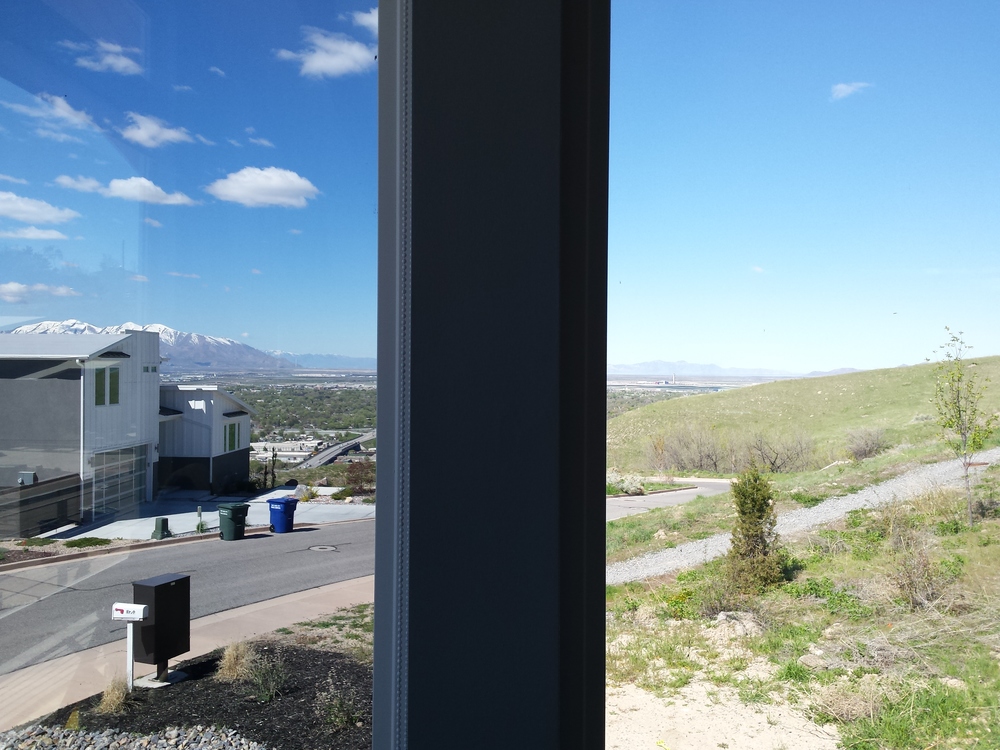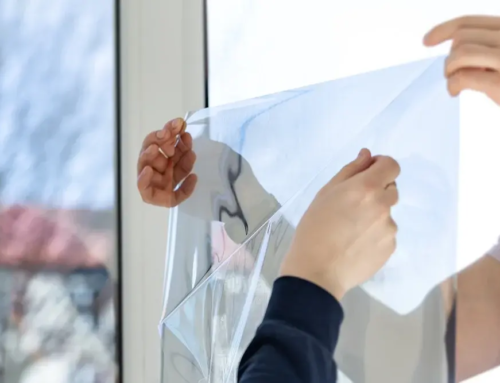Windows play an extremely important role in your house’s ability to stay comfortably warm or cool. Windows that no longer have proper insulation, or that do not have tinting, can cause a loss of energy which drains your wallet and harms the environment. Heat loss through windows, or cold leaking in, play a part in producing more greenhouse gasses in the process of regulating your home’s temperature. Even with properly insulating your home and caulking, you potentially lose more energy through your windows than any leaks or gaps in your door or window frames.
Environmental Benefits of Tinting Windows
Blocks Harmful UV Rays
Tinting your home’s windows blocks out the sun’s powerful UV rays, sometimes between 80-99 percent. This helps keep any furniture, flooring or drapery from fading in the sunlight, preventing the need to replace them, keeping them looking brand new, even after years of sun exposure.
Regulates Your Home’s Temperature
Using an insulating window tint keeps heat trapped inside in the winter and blocks hot air and UV light out during the summer, making room temperatures constant. This helps save on your energy bill as well since your AC or heater won’t need to kick on as frequently to regulate the temperature. This has the added benefit of serious savings on your home’s monthly utility bills by reducing the energy needs of your home and maximizing your appliance’s ability to keep your home feeling comfortable in any season.
Even using a transparent window tint will still block out up to 80 percent of the sun’s heat keeping your space significantly cooler during the warmer seasons, or if your windows are in more direct sunlight.
Reduces the Need to Replace Windows
Tinting the windows in your home is so effective that it prevents the need to replace most windows. This turns into serious savings for your wallet as tinting your windows is much less expensive than replacing them and means fewer resources will be used to make new windows.
Additional Benefits of Tinting Windows
Tinting your windows not only benefits the environment and your wallet, but it also has lots of other great benefits for your home.
- There are dark-tinted options that work to make spaces darker, great for places like the bedroom, making it easier to sleep in on the weekends.
- Window tinting prevents hotspots from occurring where sunlight naturally falls in a room. Meaning there will be no spots that are uncomfortable for you to occupy, and help keep an even temperature in your house.
- Tinting cuts down on the glare coming in through your windows, so there is less harsh light striking you in the eyes, or making it more difficult to look at your electronic’s screens.
- Some tinting has decorative benefits as well, creating mirror-like surfaces when viewed from the outside, or can create light patterns when the sunlight hits its surface. There are even some that have decorative patterns that can turn a terrible view into a work of art.
- There are options available for you to apply yourself which works out especially well if you only have a few windows that are in need of this treatment.
- Other options also add privacy to the home by making it harder to see inside the home when viewing from the outside.
Before Purchasing Window Tint
There are some important things to look out for when purchasing window tints for your home to make sure you get the best benefits for your space.
- Make sure that tinting meets the NFRC certification by looking for their label on any products you are thinking of purchasing and applying yourself. This will mean that the tinting you apply will have the best performance possible and ensure that the tinting is long-lasting and environmentally conscious.
- See if there are any rebate programs going on in your state. You could get this extra benefit for making an environmentally friendly choice for your home, or it could make it easier and more cost-effective to have this treatment done to your home. Some rebate programs will need the NFRC certification met in order to qualify.






